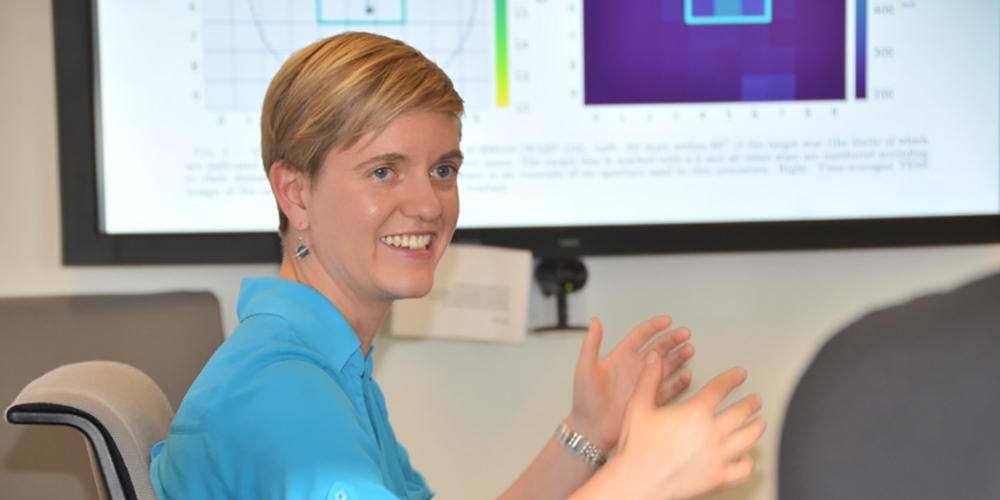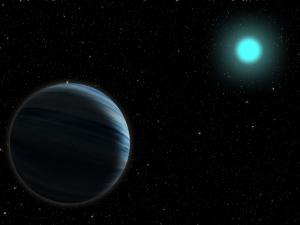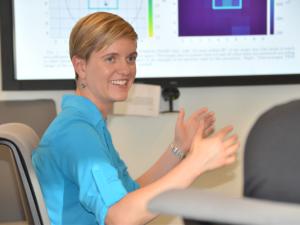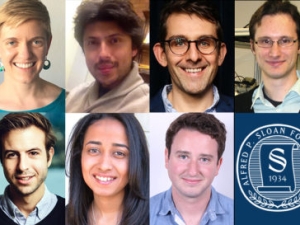

Research Bio
Courtney Dressing is an observational astronomer focused on detecting and characterizing planetary systems orbiting nearby stars. Her research uses telescopes on the ground and in space to search for planets, probe their atmospheres, measure their masses, and constrain their bulk compositions. Courtney received a PhD and AM in astronomy and astrophysics from Harvard University and an A.B. in astrophysical sciences from Princeton University. She was a member of the Science & Technology Definition Team for the LUVOIR mission concept study and a member of the science panel on Exoplanets, Astrobiology and the Solar System for the Astro2020 Decadal Survey organized by the National Academy of Sciences, Engineering, and Medicine. In recognition of her work, Courtney has been awarded the Hellman Faculty Fellowship, the Alfred P. Sloan Research Fellowship, the David & Lucile Packard Fellowship, the 2020 Harvard Bok Prize, and the 2021 Newton Lacy Pierce Prize from the American Astronomical Society. She is currently the Watson and Marilyn Alberts Chair in the Search for Extraterrestrial Intelligence (SETI).
Research Expertise and Interest
exoplanets, stars, habitability, astrobiology



